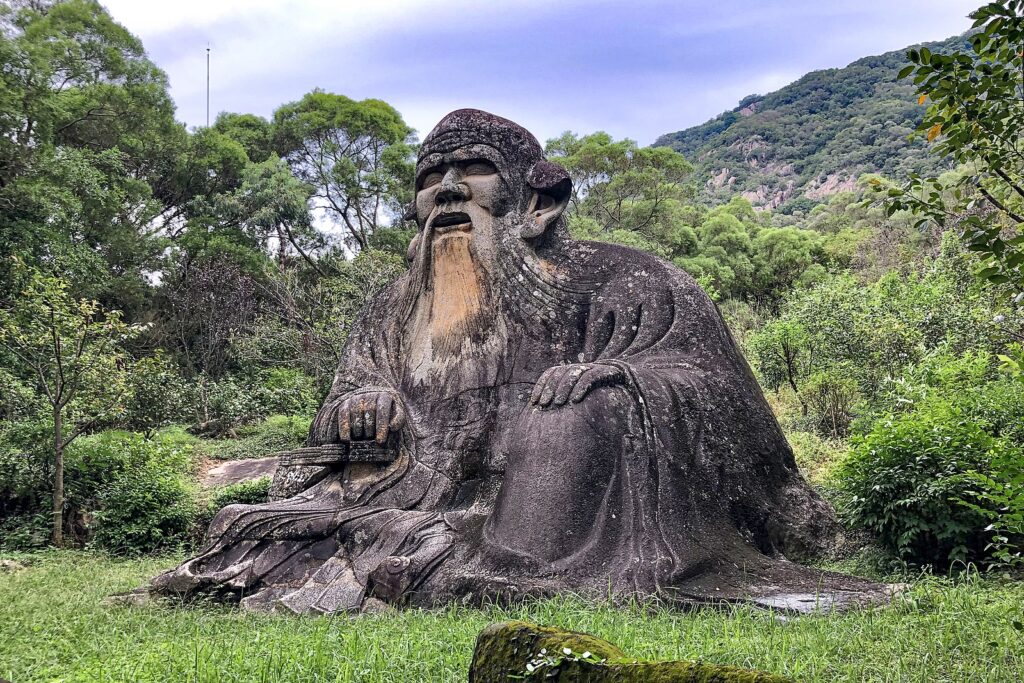Chuang Chou and the Butterfly
Chuang Chou in dream became a butterfly,
And the butterfly became Chuang Chou at waking.
Which was the real-the butterfly or the man?
Who can tell the end of the endless changes of things?
The water that flows into the depth of the distant sea
Returns anon to the shallows of a transparent stream.
The man, raising melons outside the green gate of the city,
Was once the Prince of the East Hill.
So must rank and riches vanish.
You know it, still you toil and toil, what for?
To the Fisherman
Shake not your crown, if perfumed;
Nor flap your garment, if spiced with lan!
It is better to hide the chaste soul’s radiance,
The world hates a thing too pure.
There goes the fisherman of Tsang-lang.
Await me, old man, I will go with you.
Embroideries
If the mind has wealth and rank,
One may make light of yellow gold.
Rich pleasures pall ere long,
Simple joys deepen ever.
A mist-cloud hanging on the river bank,
Pink almond-flowers along the bough,
A flower-girt cottage beneath the moon,
A painted bridge half seen in shadow,
A golden goblet brimming with wine,
A friend with his hand on the lute…
Take these and be content;
They will swell thy heart beneath thy robe.
The Lotus
In the deep sequestered stream the lotus grows,
Blooming fresh and fair in the morning sun.
Its glowing petals hide the clear autumn water,
And its thick leaves spread like blue smoke.
Alas! in vain its beauty excels the world.
Who knows? Who will speak of its rare perfume?
Lo, the frost will come, chilling the air,
And its crimson must wither, its fragrance fade.
Ill it has chosen the place to plant its root.
Would it could move to the margin of a flower pond!
Such allegorical poems were highly regarded by the Chinese literati, who diligently sought moral meanings in folk songs.
Courtesy: Taoist Tales by Raymond Van Over
Taoism is a diverse philosophical and religious tradition indigenous to China, emphasising harmony with the Tao (way, road, path or technique). Taoist thought has informed the development of various practices within the Taoist tradition and beyond, including forms of meditation, astrology and feng shui. A common goal of Taoist practice is self-cultivation, a deeper appreciation of the Tao, and more harmonious existence. Taoist ethics emphasise such virtues as effortless action, naturalness, simplicity, and the three treasures of compassion, frugality and humility.

Lao Tzu, or Laozi, was a semi-legendary ancient Chinese philosopher and a revered figure in Chinese culture. He is generally considered the founder of Taoism and author of the Tao Te Ching, the foundational text of Taoism. Lao Tzu is a Chinese honorific, typically translated as “the Old Master.“
Image: Stone statue of Lao Tzu at Qingyuanshan in China.
